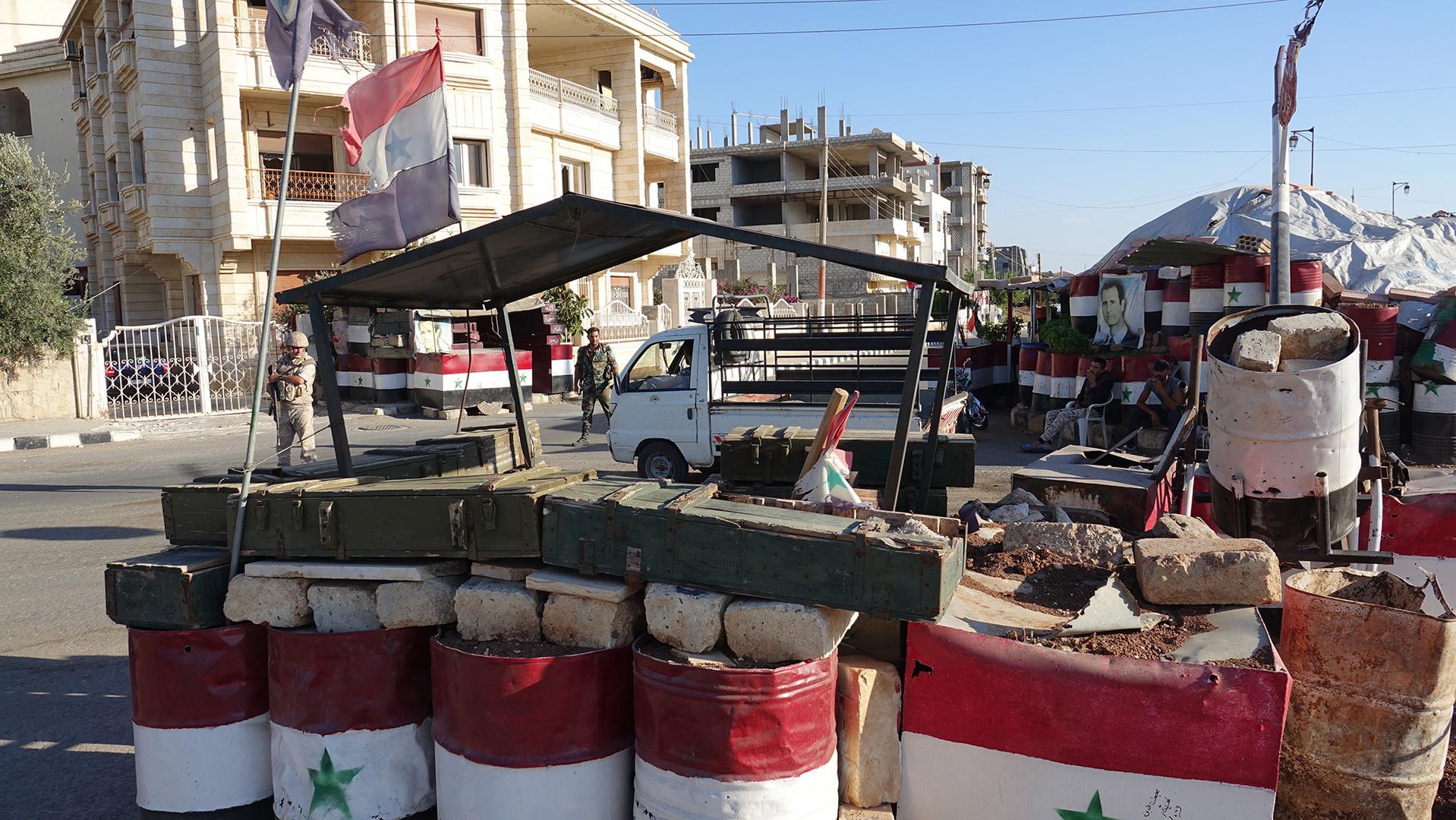



The Syrian laws and constitution guarantee the individual and collective property rights of Syrian citizens. They also criminalize the confiscation of a property unless under certain conditions.
Article 15 of the 2012 Syrian Constitution explicitly emphasizes the preservation of individual and collective property rights.
The article stipulates that the Collective and individual private ownership shall be protected in accordance with the following basis:
1. General confiscation of funds shall be prohibited.
2. Private ownership shall not be removed except in the public interest by a decree and
against fair compensation according to the law.
3. Confiscation of private property shall not be imposed without a final court ruling.
4. Private property may be confiscated for necessities of war and disasters by a law and
against fair compensation.
5. Compensation shall be equivalent to the real value of the property.
Article 15 also says that the compensation must be equal to the real value of the property.
The Syrian Constitution also explicitly forbids public confiscation of property. Article 619 of the Syrian Penal Code specified the materials that can be confiscated, the place where the criminalized act is committed, including furniture and used items, or vehicles used to transport the materials or in the execution of the offense.
Confiscation is defined as a financial penalty, which means the forcible expropriation of money from its owner without compensation and adding it to state ownership.
Confiscation has two types:
The 2012 “Counter-Terrorism Law No. 19” defines confiscation as a “permanent deprivation of movable and immovable property, and transfer of ownership to the state by judicial decision.”
This definition is criticized for being general and inclusive for all movable and immovable assets, whether used to commit an offense or not. This means that the penalty is applicable to the person rather than the offense, which is contrary to the will of the legislator as mandated by the provision of the previous Article 619 of the Counter-Terrorism Law.
Meanwhile, Article 12 of the Counter-Terrorism Law states that “in all offenses set forth in this law, the court shall, by conviction, order the confiscation of movable and immovable property, proceeds and items used or intended for use in the commission of the offense, and shall determine the dissolution of the terrorist organization if any.”
Nevertheless, this legal provision is criticized for being absolute, encompassing all assets and proceeds, whether or not used for the commission of the offense, which is contrary to the constitutional provision contained in Article 15, paragraph 1 (a).
Moreover, any article text that is contrary to the constitution is considered null and void, and the judge can refrain from applying it automatically for it is a violation of the public order, or by arguing that the law is unconstitutional.
Besides, a judicial ruling based on a law that violates the constitution does not give legitimacy to the law and is regarded null even if a judge issued it in a court of whatever jurisdiction.
Furthermore, the Syrian Counter-Terrorism Court (CTC) is an illegitimate special court representing a violation of the judiciary.
The CTC is also viewed as contrary to the provisions of the Syrian Constitution that restricted litigation before ordinary courts, which provide guarantees of a fair trial in terms of procedures and the right of defense.
In addition, the “Counter-Terrorism Law” came into force after the Syrian regime lifted the state of emergency in 2011 as an illegal replacement for the emergency law, making it altogether contrary to rightness and justice.
if you think the article contain wrong information or you have additional details Send Correction